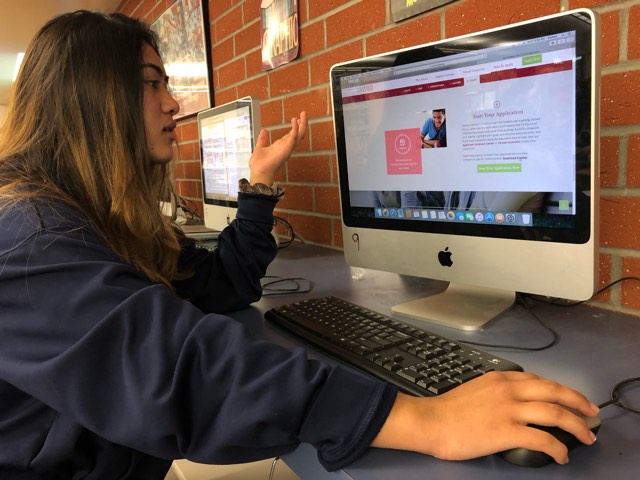
By Kayla Hoang, Staff Writer
Approximately 2.2 million students apply to colleges every year in hopes of receiving their acceptance letter. Though it’s a known fact that colleges can be highly selective of their applicants, it should also be known that there are plenty of issues in the college application and admission process that need to be addressed.
One of the biggest issues in college admissions is the mindset of affirmative action. More emphasis is placed on colleges to recruit students that were discriminated in the past. However, this tends to lead to a higher expectancies for certain minorities, or favor towards another group of students.
Ivy League universities, such as Harvard, was proven to discriminate against Asian-American applicants. This mindset can be harmful towards those minority students who were accepted (under the belief that they don’t fully deserve their acceptance), and those who didn’t (under the belief that they weren’t good enough in comparison).
Let’s not forget how the expectancies for colleges grow increasingly difficult to achieve. A 4.0 GPA isn’t considered good enough anymore, and most students are required to pile on loads of extracurriculars and impressive test scores to even be considered by a good school. UC admission has grown more and more difficult to achieve for California residents, according to Mercury News. Case in point: in the University of California, Los Angeles (UCLA), the acceptance rate stood at a decent 40 percent accepted in 1990, but by today’s school year, it dropped to about 16 percent.
At this rate of competitiveness, it’s no surprise that money comes into play, especially for those who are financially advantaged. When every applicant has extracurriculars, good scores and sports to impress colleges, money can become a determining factor. For the SATs and ACTs, test preparation classes undoubtedly cost a lot of money. Additionally, college applications also cost money, so you might as well be paying to get rejected.
It was recently revealed that dozens of affluent people across the country participated in a scheme to bribe college officials into accepting their children into elite universities, including changing their test scores. At this rate, you can basically buy your test scores. Tests like the SAT and ACT are unfairly advantaged by the wealthy.
It’s also important to note that the whole process and stress over colleges is extremely toxic to the teenage mindset. Sleep deprivation, anxiety and depression are just parts of the side-effects of stressing about getting that acceptance letter, and this can worsen with increased pressure over testing, teachers and parents. Let’s not forget that high schoolers are expected to pour hours upon hours into writing essays for individual college applications, apply for financial aid and be on top of their ever-updating admissions process all the while dealing with everyday school stressors (homework, tests, projects, club activities, etc.). This competition to succeed becomes a toxic environment for teenagers.
The bottom line: the times have changed for the worse. Whatever standards colleges and schools once held to deem applicants worthy aren’t that credible anymore.
It’s ridiculous to assume that four years of your academic performance as a teenager can determine the entirety of your future, and issues like corruption and greed from the elite certainly aren’t worth your time.
The college application process works for no one, and instead of blaming students in a time where degrees seem to be a necessity for success, we should address ways to improve the admissions system.





